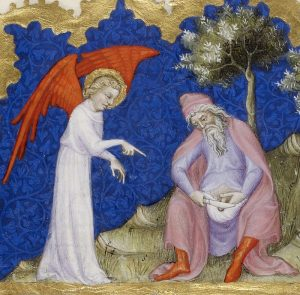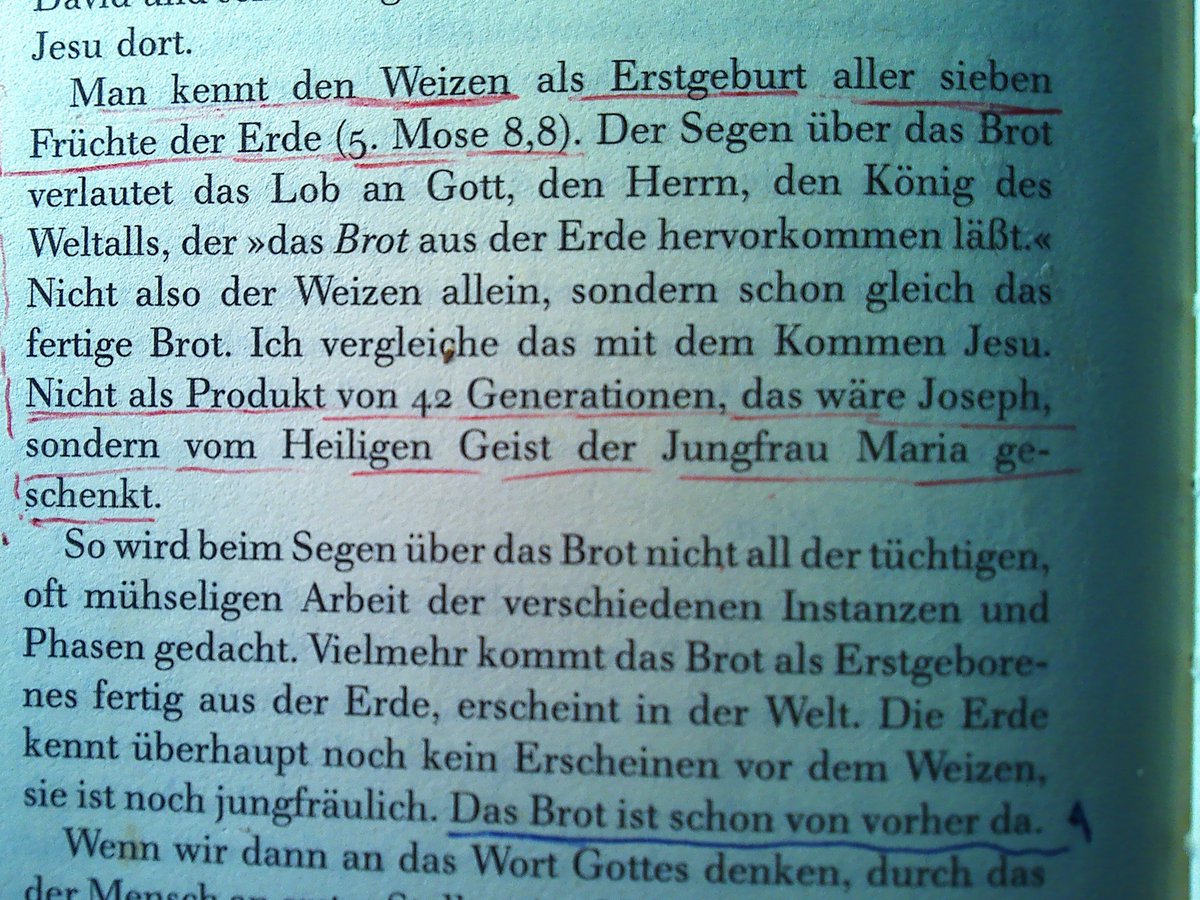THE SECRET ("sod") OF THE LORD IS FOR THOSE WHO FEAR HIM.
the Holy One revealed the mystery of circumcision to no one but Abraham
sefaria.org/Midrash_Tanchu…
the Holy One revealed the mystery of circumcision to no one but Abraham
sefaria.org/Midrash_Tanchu…
What is unusual, and unique to the Tanchuma-Yelammedenu literature, is labeling the circumcision a mystery. This labeling did not originate in rabbinic culture.
parabelproject.nl/the-mystery-of…

parabelproject.nl/the-mystery-of…

"(...)the Tanchuma-Yelammedenu literature could have borrowed from Sefer Yetzirah. This is not a rabbinic book in any way; it is a sapiential text written in Hebrew (...)
The book tells about how God created the world using basic units of letters and numbers."
The book tells about how God created the world using basic units of letters and numbers."
After that our father Abraham had seen and pondered over, investigated and understood these things, he designed, engraved and composed them, and received them into his hands
(...)
God ordained a covenant between the toes of his feet, that of circumcisionsefaria.org/Sefer_Yetzirah…
(Deut. 1:5f.): < MOSES UNDERTOOK TO EXPOUND > THIS TORAH
(in 70 languages - "sod" secret =70)
Ergo (in Ps. 25:4): THE SECRET OF THE LORD IS FOR THOSE WHO FEAR HIM. He said to him: It is enough for a slave to be equal to his owner.sefaria.org/Midrash_Tanchu…
" (...) when God said that the slave (i.e. Abraham) to be like his master (i.e. God), he meant that the circumcised Abraham will be like Him, i.e. God. This entails that God is circumcised, and this is the mystery of the circumcision"parabelproject.nl/the-mystery-of…
https://twitter.com/Minkmaat/status/1622970906078285824
https://twitter.com/Minkmaat/status/961588301621809152
@threadreaderapp unroll
• • •
Missing some Tweet in this thread? You can try to
force a refresh






